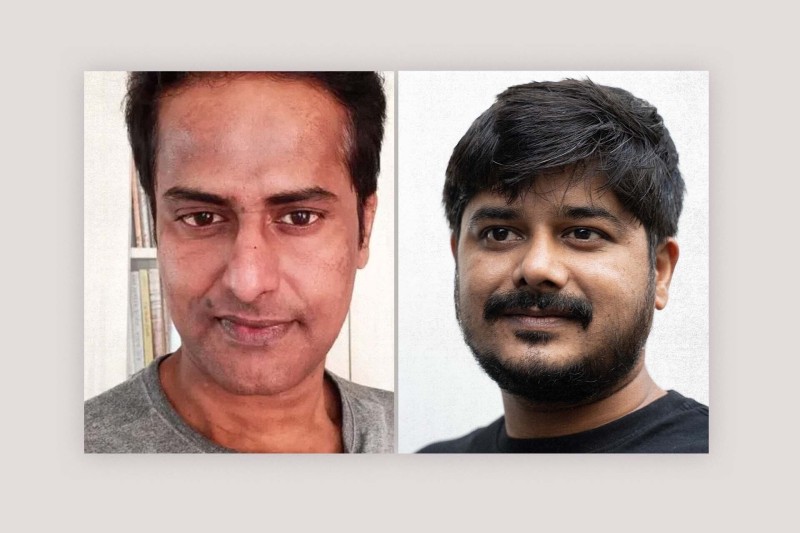Published with the Financial Times, and the Guardian, the investigation showed how two men who secretly invested in the Adani Group turned out to have close ties to its majority owners, the Adani family, raising questions about violations of Indian law. The Adani Group denies the allegations.
Last month, OCCRP partner journalists Ravi Nair and Anand Mangnale were summoned by the crime branch of the Ahmedabad police in Modi’s home state of Gujarat to appear in person for questioning in a preliminary probe based on a complaint by a man identified only as “an investor” who claimed the investigation was “grossly malicious.” It is unclear why this is a police matter.
Last week, the Indian Supreme Court granted Nair and Mangnale interim protection from being arrested by the Gujarat police. The Gujarat government has two weeks to respond to the ruling. The next hearing in the case is tentatively scheduled for December 1.
Mangnale’s phone has also been targeted with sophisticated spyware. According to iVerify, a Pegasus attack occurred within hours of sending out pre-publication questions to the Adani Group in August. There is no evidence the Adani Group had any role in the use of the surveillance tool.
The forensic analysis does not indicate which agency or government is behind the attack. (Pegasus is only licensed to governments.) India has in the past used Pegasus, which was developed by the Israeli firm NSO Group.
In October, Apple warned at least 20 Indians — including Nair and Mangnale — that they were the target of state-sponsored cyberattacks. The threat alerts did not name the perpetrator.
“The police hauling in reporters for vague reasons seems to represent state-sanctioned harassment of journalists and is a direct assault on freedom of expression in the world’s largest democracy,” said OCCRP Publisher Drew Sullivan. “That reporters are targeted with Pegasus is, sadly, nothing new. But it won’t stop our global network in the fight to expose crime and high-level corruption.”


